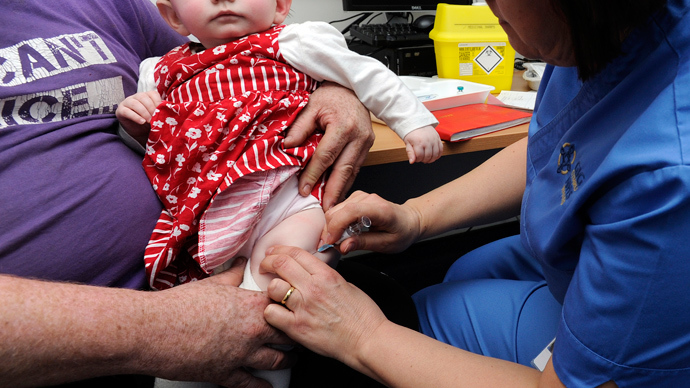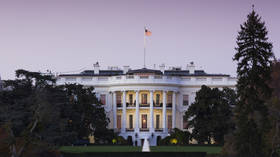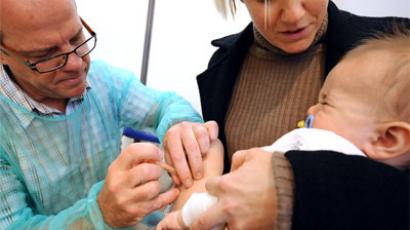Pro-vaccination campaigns have opposite effect, study claims

Parents who prefer not have their children vaccinated are posing a major health problem, researchers now say, but show little sign of changing ways.
According to a new study, efforts meant to persuade vaccine-denial parents into having their children immunized are backfiring, and those mothers and fathers may actually be more prone to keeping their son and daughters from being prodded and poked despite possibly catastrophic health risks.
Researchers at Dartmouth College recently interviewed groups of parents opposed to vaccinations and attempted to get them to change their minds. Much to their chagrin, however, those efforts were largely unsuccessful.
The Dartmouth team took a group of more than 1,700 parents from across the United States and assigned them randomly into five groups, including four where they heard vaccine-related messages meant to make them aware of the benefits of being properly immunized.
“One vaccine-related message explained that there was a lack of evidence that the measles, mumps, rubella (MMR) vaccine causes autism. Another message provided information about the dangers of the diseases prevented by the MMR vaccine. A third message had a mother talking about her infant's battle with measles that included hospitalization. The fourth message featured pictures of children with vaccine-preventable illnesses,” HealthDay reporter Serene Gordon recalled. The fifth group was presented with no message whatsoever related to immunizations.
The results of the study, published in the latest installments of the journal Pediatrics, indicate that parents who opposed vaccinations weren’t persuaded by any of those campaigns.
"Current public health communications about vaccines may not be effective," the study concluded.
Instead, researcher Brendan Nyhan explained, "People are motivated to defend their more skeptical or less favorable attitudes towards vaccines."
“None of the interventions increased parental intent to vaccinate a future child,” his group’s results read, “Refuting claims of an MMR/autism link successfully reduced misperceptions that vaccines cause autism but nonetheless decreased intent to vaccinate among parents who had the least favorable vaccine attitudes. In addition, images of sick children increased expressed belief in a vaccine/autism link and a dramatic narrative about an infant in danger increased self-reported belief in serious vaccine side effects.”
"Corrections of misperceptions about controversial issues like vaccines may be counterproductive in some populations," the researchers decided. "The best response to false beliefs is not necessarily providing correct information."
At the same time, however, another group of researchers say that parents who understand the real-life benefits of immunizations are doing a great job at preventing disease and death. A separate study in the same installment of Pediatrics found that 20 million cases of disease were prevented between 2005 and 2009 thanks to childhood immunizations programs, the likes of which also saved around 42,000 deaths and billions of dollars in medical and societal costs.














